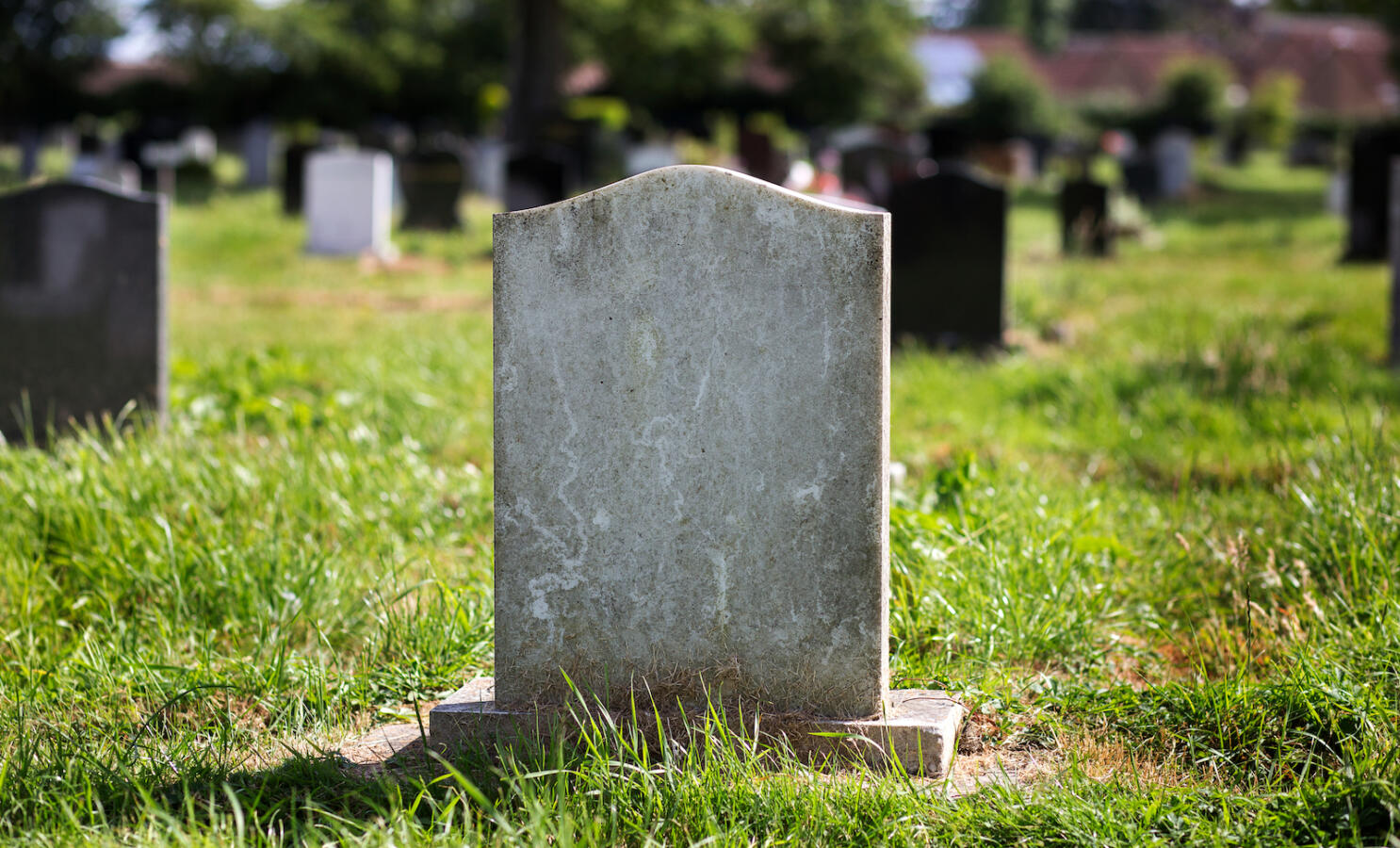My grandfather is buried in Connecticut in a cemetery located at 99 Memory Lane. As he neared the end of his life, my grandfather started telling the nurses caring for him that it was time to go to Memory Lane. While they found this endearing, my parents understood he was really saying it was time to die and join his parents in the cemetery. He knew where he was going and he was ready.
In this week’s Torah portion, Abraham’s wife Sarah dies at the age of 127. Despite her many years, Abraham didn’t have a plan for where to bury her. After Abraham mourns and cries for Sarah, one verse later, he does what we must all do when a loved one dies: He calls the funeral home. Abraham’s quest to purchase land for Sarah’s burial fills the next 20 verses. Entire generations go by in the Torah in fewer lines than this simple search for a grave.
When grappling with the magnitude of death, the matter of buying a burial plot can seem mundane. In reality, the question is urgent, unavoidable, and permanent. You get only one chance to decide where someone is buried and only a few days to make it happen. Traditionally Jewish funerals take place as soon as possible after a death. In Israel, burials can be the same day. Jewish law mandates that when a dead body lies before you, no other mitzvot need be performed. The Talmud explains that this doesn’t just mean a literal body, but that when burial is on your to-do list, it takes precedence over every other obligation. Nothing else matters.
This year, reading the story of Sarah’s death feels like looking in a mirror, reflecting not only my life but the lives of so many who buried loved ones during this pandemic. In the face of fresh loss, we are handed the emotionally and technically complex task of burial. And this year, it was harder than ever. With overflowing morgues, overbooked funeral homes, and fewer flights to transport both mourners and bodies, burial has become more logistically complicated. The inability to easily perform the mitzvah of proper burial is one of the great tragedies of the pandemic.
With your help, My Jewish Learning can provide endless opportunities for learning, connection and discovery.
And the tragedy doesn’t just befall individuals, but all of society. To really hear the Torah’s message about the importance of a burial place is to feel the shame that countless people who died during the pandemic are laid to rest in mass graves like the one on Hart Island in New York. As a society, we have failed to heed the talmudic call to prioritize burials with respect and honor. For this, we must all mourn.
After more than a year of pandemic burials, this mitzvah presented itself in my own home. In June, we buried my father-in-law. Like Abraham and Sarah, he was an immigrant. He didn’t live or die in the place where he was born, and so the question of where to bury him held no obvious answer. Thankfully, we had discussed this before the moment came. A little over two years ago, he and my mother-in-law sent a note inquiring about burial plans. My husband and I had never considered the topic, and began assessing options. Should they end up near where they were born, completing a circle of life? Should they be buried near us — the living family they would leave behind — so we can easily visit? Or should they be near where those they loved are buried?
They chose the last option, deciding to purchase plots in upstate New York even though they lived in Georgia. Though no family had lived there for years, my in-laws joined the local synagogue in order to purchase plots in the cemetery where my mother-in-law’s parents and some cousins are buried. When the diagnosis came, and then the death, we were grateful that this one question of where had been answered.
At the end of the same Torah portion that begins with the death of Sarah, Abraham dies at the age of 175. His sons bury him beside his wife, in the cave of Machpelah. There was no question where Abraham would be buried. No burden of land purchasing fell to Isaac and Ishmael. The plot was paid for. The location set.
My father-in-law died in Atlanta. He was not 127 like Sarah, nor 175 like Abraham. He was only 68. When we called the funeral home to ensure everything was in order, we learned that although they had joined the synagogue and discussed cemetery locations, no plots had actually been purchased.
“No problem,” the cemetery director said. “You can just buy them now. $600 a plot. How many do you want?”
Like Abraham, we purchased two.
This article initially appeared in My Jewish Learning’s Shabbat newsletter Recharge on Oct. 30, 2021. To sign up to receive Recharge each week in your inbox, click here.



